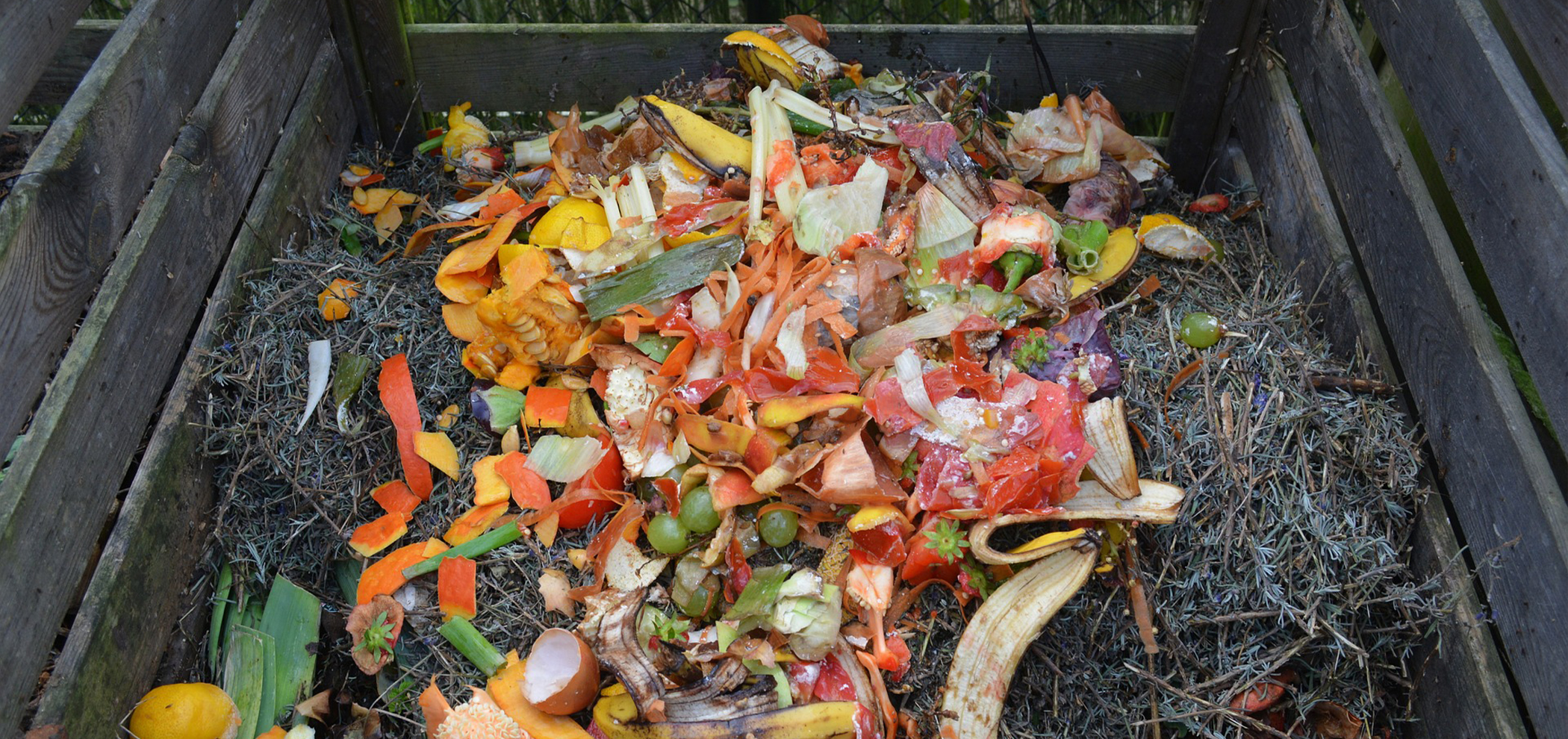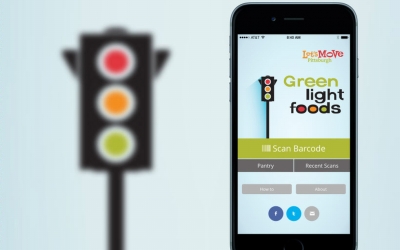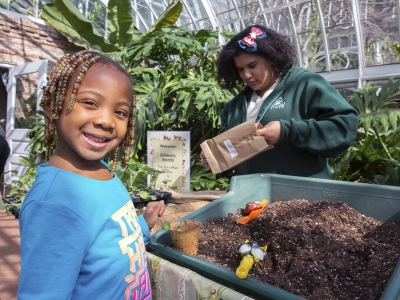Unit 5: Composting

When we throw away the skins, peels, stems and tops of vegetables, we are missing an opportunity to add more nutrients to our diets and gardens! Read on to learn about the different materials we can compost, why the skins and peels are good for our body, and how we can cook with veggie scraps.
Gardening Basics: What Can I Compost?
It's Earth Week! What better time to learn about composting and reusing. According to the EPA, 28% of our garbage is food scraps and yard waste.* Composting is a great way to help the Earth and help your garden, too! Try Jennifer's composting photo quiz! Click through the photos and guess whether or not these things can be composted. Answers are in the photo description.
For more information, we recommend visiting the EPA's composting page!
Mindful Movement: Composting in Action
Happy Earth Day! Today we are going to be setting up our very own compost experiment! Now that you've checked out Jennifer's compost quiz, it's time to put that knowledge into action! Here are some tips to make your composting a success:
- Keep your compost wet! Adding water to your compost and keeping it in a shady spot helps it to decompose faster.
- Layer your browns and greens. Browns are twigs, dried leaves, etc. Greens are grass clippings, kitchen waste, etc. Try to have 50% browns and 50% greens. It is alright to have slightly more browns than greens.
- Bury kitchen scraps deep in the pile. This reduces the number of flies and creatures getting into your compost pile.
- Remember to mix your compost regularly! This allows oxygen to mix in, too, which encourages decomposers.
- Compost the right things to encourage decomposers like worms.
What’s Cooking?: Veggie Scraps Pasta Sauce
Earth Week is the perfect opportunity to reflect on our environmental impact and make goals on how we can work together to reduce our carbon footprint. Reducing food waste does wonders for our planet and our people. Not sure where to start? Try your hand at our veggie peels pasta sauce.









